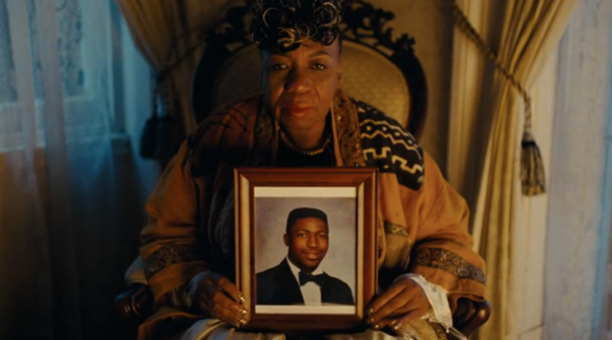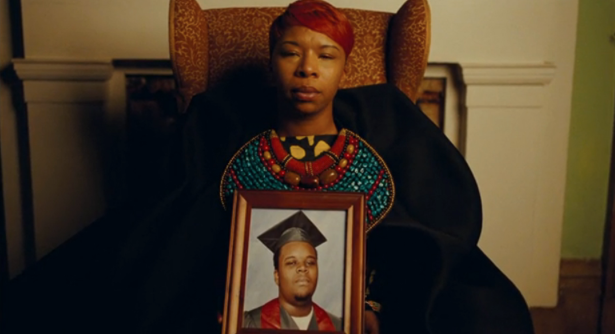What begins as an album detailing the issues of a marriage laced with betrayal eventually shifts to focus on a much bigger issue.
Beyoncé’s newest musical endeavor, an hour-long visual album titled Lemonade was released over the weekend on HBO and streaming site Tidal before being made available on iTunes.
Since its release, the album has received widespread attention and acclaim for Beyoncé’s visual storytelling. Singing of a relationship ruined by betrayal, the album’s opener, ‘Pray You Catch Me’ focuses on a scorned woman trying to make sense of a betrayal, before going on to sing about her regret in later track ’Sorry’ with the lyrics, “Tonight I regret that night I put a ring on”.
These lyrics alone did little to dispel rumors of a marriage breakdown between Beyoncé and her husband Jay-Z but her accompanying visual storytelling only set more fuel to the fire. The video for the song ‘Hold Up’ in particular, highlights Beyoncé’s anger, showing her walking through the streets in a yellow dress with a baseball bat in hand, destroying anything from windows to cars as she sings of revenge.
But this album is much more than a heartbreak album. While Beyoncé focuses on these themes in the beginning, she manages to address a much larger issue by the albums end. Malcolm X’s quote “The most disrespected person in America is the black woman. The most unprotected person in America is the black woman. The most neglected person in America is the black woman,” can be heard in the video as several black women’s faces appear on the screen.

Beyoncé again references her own marital issues and how they serve as an example of the suppression women of colour endure, singing “In the tradition of men in my blood you come home at 3am and lie to me.” It’s here she suggests this behaviour has been passed on from previous generations, where its become ingrained in society to make black women suffer.
By this point the album begins to highlight issues bigger than just Beyoncé’s own supposed marital issues and now turns into a political statement. Throughout the visual album, an array of celebrity cameos are made, ranging from Disney star Zendaya, to model Winnie Harlow and even tennis star Serena Williams to further Beyoncé’s message. But the most powerful cameos are made by those who aren’t even celebrities.

Instead, it’s the appearances of Sybrina Fulton, Lesley McSpadden and Gwen Carr, the mothers of murdered black men Trayvon Martin, Michael Brown and Eric Garner, which leave the biggest impact. They can be seen sitting down and holding photos of their deceased sons which truly highlight the issue Beyoncé is addressing. Their appearances in the video make the point Beyoncé is trying to make clear, that black women are forced to suffer through all stages of life, as daughters, wives or mothers.
Instead of ending on this note however, Beyoncé attempts to inspire hope for her viewers and all black women, and encourages them to continue fighting for justice in her song ‘Freedom’. As the album concludes with a seemingly peaceful shot of Beyoncé with her husband Jay-Z and daughter Blue Ivy, she has seemingly moved past the betrayal and anger she sang about at the beginning of the album.
By the end, Beyoncé’s message is clear: life for women of colour may not always be easy if history has anything to teach us, but that same history has also made them tough enough to withstand anything.







